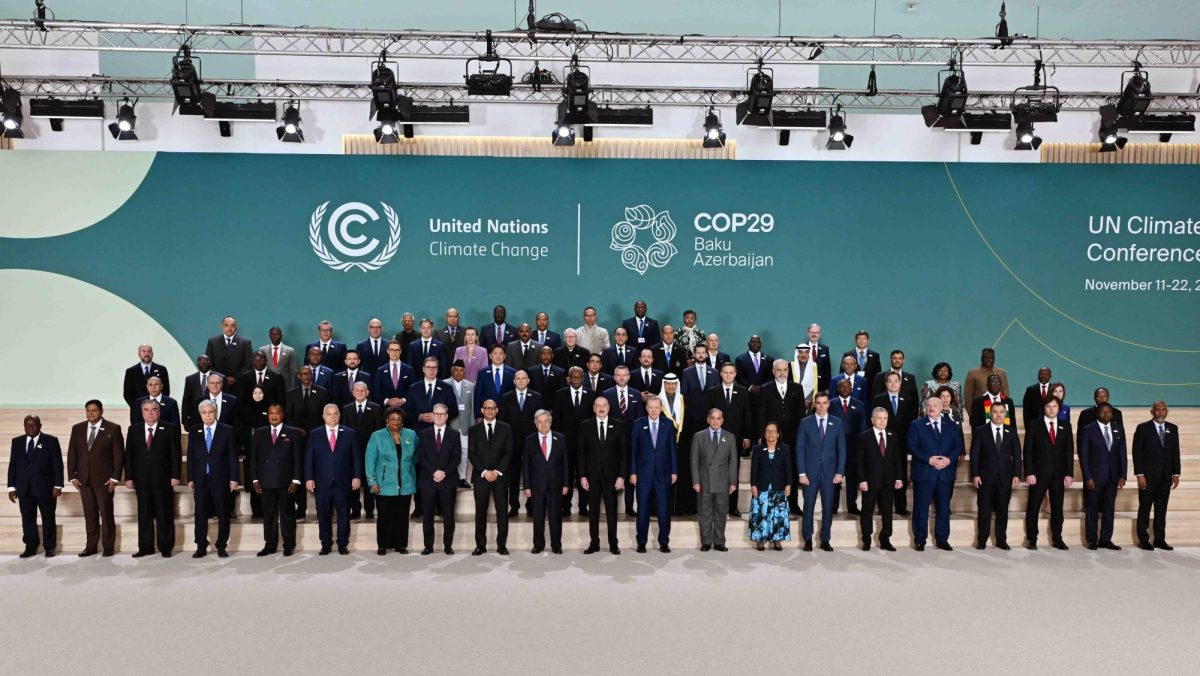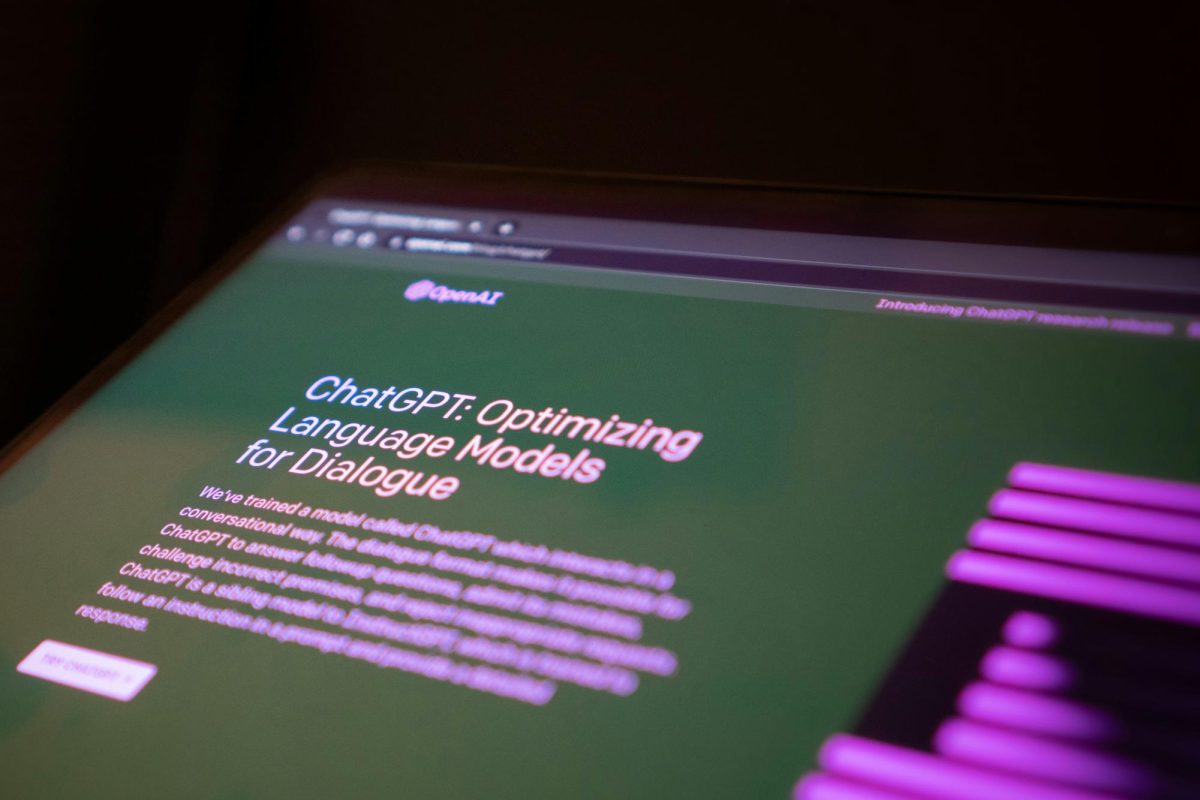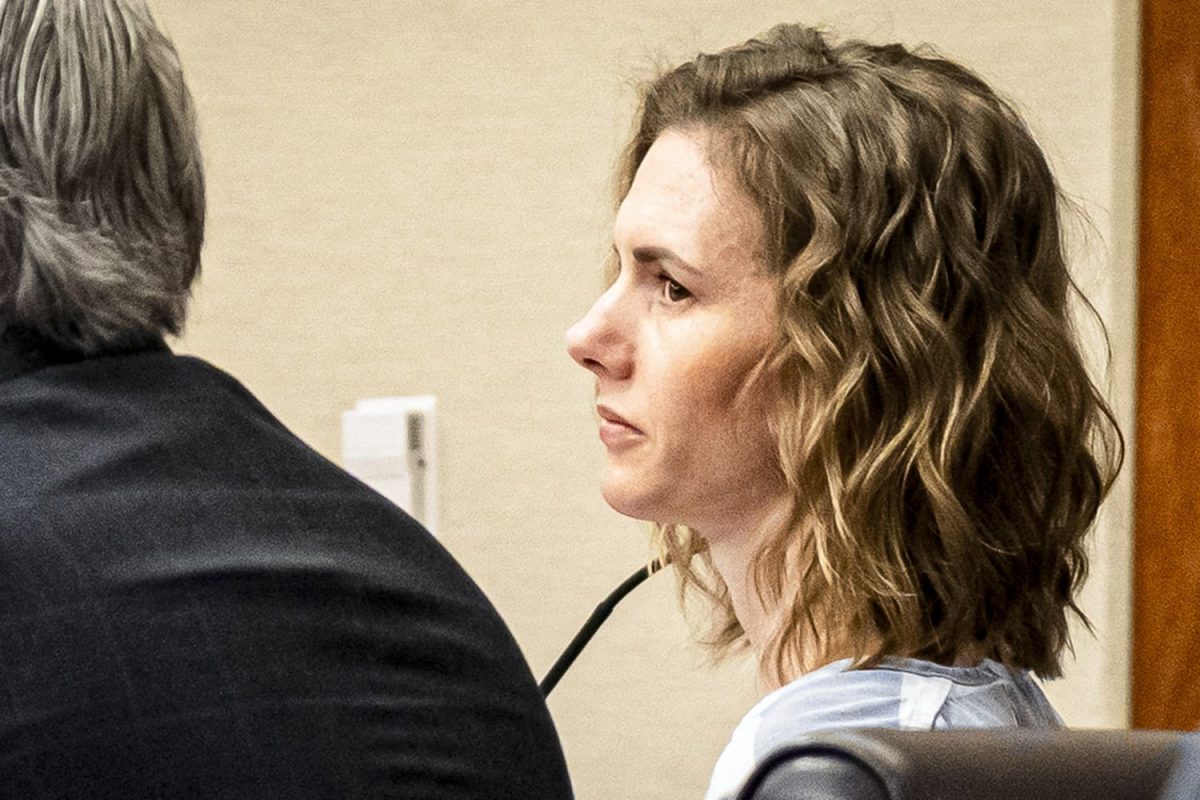The 29th United Nations Climate Change Conference (COP29) is gathering in Baku, Azerbaijan from Nov. 11 to Nov. 22, bringing together global leaders, activists, and negotiators to address the pressing issue of climate change. This summit marks a critical moment as it follows the Paris Agreement of 2015, where countries agreed to limit global temperature rise to below 1.5 degrees Celsius.
The urgency of the climate crisis is a central theme at COP29. According to the United Nations, the world is perilously close to breaching the 1.5°C warming limit set by the Paris Agreement. Current policies put the planet on track to experience approximately a 2.6-3.1°C rise by 2100, leading to more extreme weather events and significant environmental damage. The Intergovernmental Panel on Climate Change (IPCC) has warned that insufficient commitments paint a bleak picture for the future.
One of the key focuses of COP29 is climate finance. Developing nations have long called for more financial support from wealthier countries to help them transition to cleaner energy sources and adapt to climate change. Negotiators at COP29 aim to set a target of one trillion dollars per year in climate finance for developing countries. However, there have been significant challenges, with the U.S., U.K., and the EU being accused of not spending enough on climate finance. It is harmful for smaller countries with struggling economies to reach this target with their budget. It becomes a bigger problem that the future of U.S. investments in fighting climate change remains uncertain.
Rajiv Shah, president of the Rockefeller Foundation, emphasized that wealthier countries must adapt. “They must find new ways to invest at a scale that helps developing economies begin climate transitions that can better lives and prevent climate change’s worst,” he said.
COP29 president Mukhtar Babayev echoed this sentiment in his opening remarks. “Colleagues, we are on a road to ruin. But these are not future problems. Climate change is already here. Whether you see them or not, people are suffering in the shadows. They are dying in the dark and they need more than compassion, more than prayers and paperwork. They are crying out for leadership and action,” he said. “COP29 is the unmissable moment to chart a new path forward for everyone.”
The perspective that wealthier countries should contribute more is grounded in the reality that they have historically been the largest emitters of greenhouse gases. It’s also aligned with the principle of “common but differentiated responsibilities” enshrined in the Paris Agreement, which acknowledges each country’s varying capabilities and responsibilities. Larger economies such as the U.S. and China have the financial and technological capacity to substantially contribute to global climate finance. This support is crucial to enabling smaller, developing nations to undertake the necessary climate transitions without compromising their economic growth and social stability.
The summit also addresses the role of fossil fuels in climate change. Azerbaijan, a significant fossil fuel producer, faces criticism for its plans to increase gas production. The conference highlights the need to reduce methane and other non-CO2 greenhouse gases, which are far more potent than carbon dioxide. The United States, China, and Azerbaijan are convening a summit to accelerate actions to cut emissions of these super pollutants.
Despite the challenges, COP29 sees some progress. The Biden-Harris Administration highlights its historic climate leadership and announces new initiatives to galvanize global efforts to keep global warming below 1.5°C. It’s unfair to smaller countries with struggling economies to bear the brunt of climate change costs while larger nations, like China and the U.S., delay their financial contributions. By investing in global climate initiatives, wealthier countries can help mitigate the impacts of climate change on the most vulnerable populations, promote sustainable development, and drive innovation in green technologies.
In conclusion, COP29 is a crucial turning point for global climate action. While significant challenges remain, the summit underscores the urgent need for increased ambition, financial commitments, and collaborative efforts to tackle the climate crisis. The world must act decisively to limit the rise of global temperature and mitigate the impacts of climate change.









